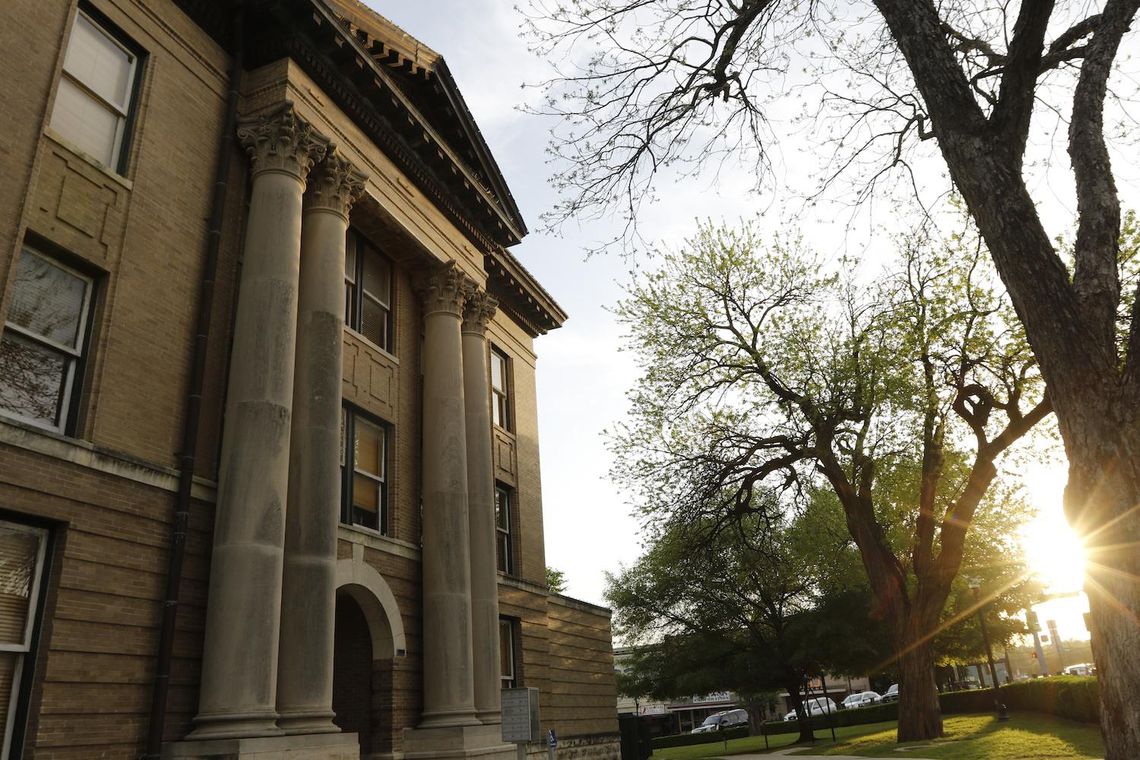A new grant could help the county improve its indigent criminal defense services.
In 2001, Texas passed the Fair Defense Act, which established uniform standards for criminal courts to adopt formal procedures for providing court-appointed attorneys to indigent defendants in a timely manner. Hays County is requesting a grant that will create a position that will ensure the county complies with the Fair Defense Act, according to the grant program application.
If approved, the grant will provide the county with funding for an Indigent Defense Coordinator program, which would establish the position of indigent defense coordinator. On Tuesday, the Hays County Commissioners court gave the program the OK by voting to execute a resolution and submit the grant application.








